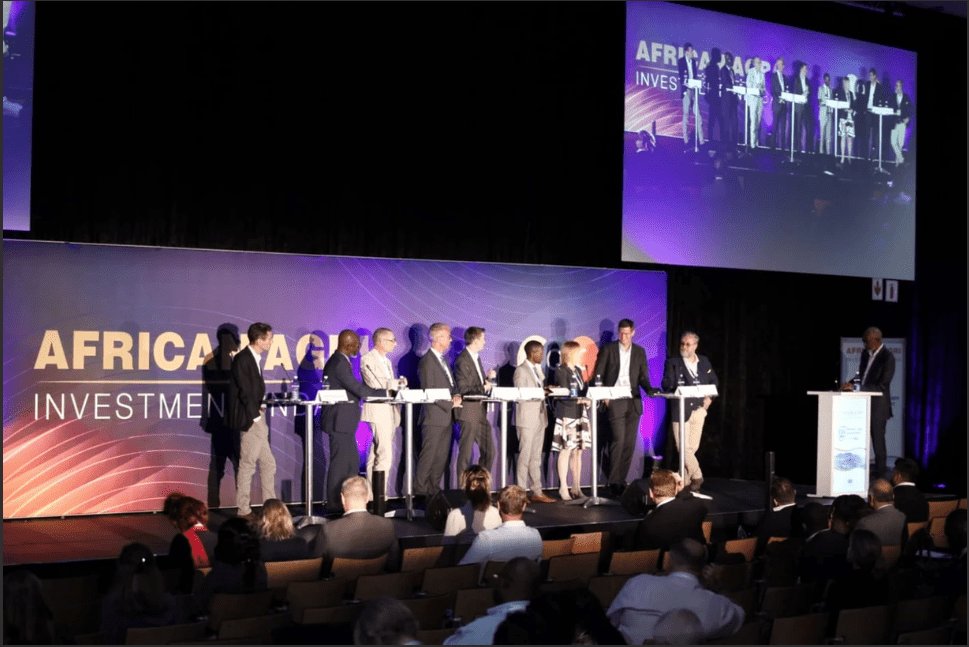“DFI support is absolutely vital. Why? Because governments are not active enough on the ground in terms of supporting the sector, either financially or in various areas like reducing the bureaucracy on a day-to-day basis.” Susan Payne, CEO, Holistic Agricultural Investments Group and co-founder of gender lens fund, GLIDE Fund Africa, was speaking to a broad group of delegates at the African Agri-investment Indaba, including myself, last month in Cape Town.
Various stakeholders attended from development finance institutions (DFIs), government representatives, ag SMEs, agritech entrepreneurs, bankers to ag corporates from different African countries and most importantly, some farmers. The convention aimed at putting forward challenges in ag and having advisors and financiers present solutions to some of these issues.
I found it particularly easier to schedule brief meetings at this event, owing to their match-making section where one could access a list of attendees and schedule a one-on-one via the event organizers. Other than that, there was an air of eagerness from attendees to share about their various ventures which made engagement for me relatively easy and compelling. The closed session rooms also allowed for more engagement between attendees in smaller groups.
Sessions at the Indaba span from investing both private debt and venture capital into agriculture to promote food security, to financing ag SMEs, pointing out challenges financiers face in making small ticket investments. DFIs also stepped in to discuss their role in channeling more funds into agriculture and collaborating to boost food security. Other key themes included promoting the production of sustainably and efficiently produced food. Various entrepreneurs also got to showcase their solutions on stage and on the exhibition floor.
It goes without saying that the Indaba was content-heavy and very insightful for attendees, with a diverse and inclusive audience. Many of the conversations were skewed towards financing, inclusion, maximizing farm-level productivity and promoting a shift to an entrepreneurial mindset on the part of farmers.
The session on how DFIs could support private-sector investment in agriculture was interesting as it elicited different viewpoints from the panelists. There was general agreement by the panelists that DFI financing was catalytic in advancing agriculture. Further, integrated finance was seen as one of the most likely ways of increasing farmer access to financing.
“I think governments on the ground have to step up and create more economic zones that are going to enable businesses. On the other hand DFIs, I think, have to get more innovative about how they serve the SME community and how they serve larger funds,” said Payne.
A key question posed at the end of the session was whether DFIs on the continent were on track when it came to financing African agriculture.
“We’re not on track, simply because there’s still an underserved community,” Payne remarked, adding that she felt with innovation, DFIs were on track. Other panelists pointed out that even though they are not where they would like to be, DFIs were still doing their best in advancing financing to the sector.





